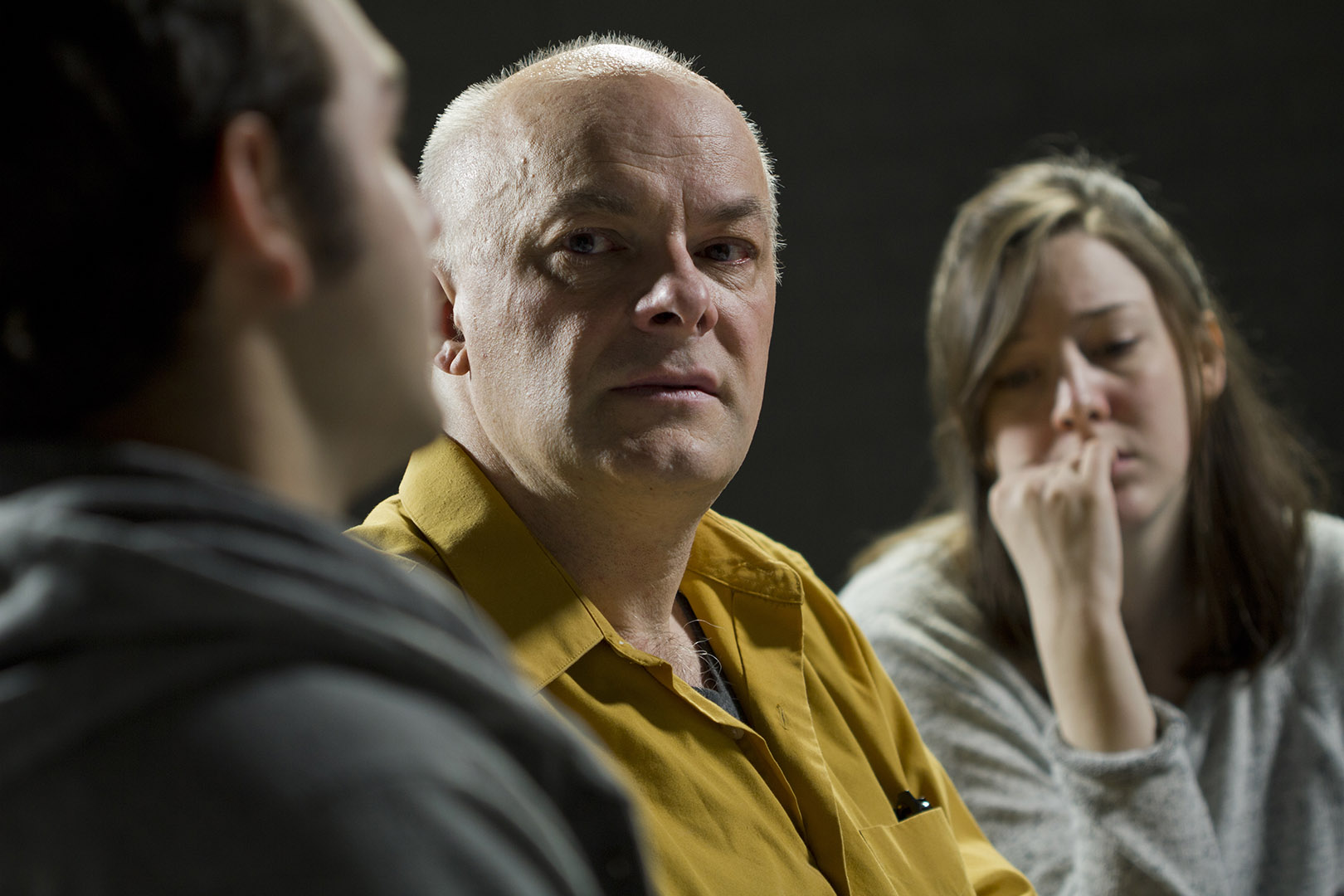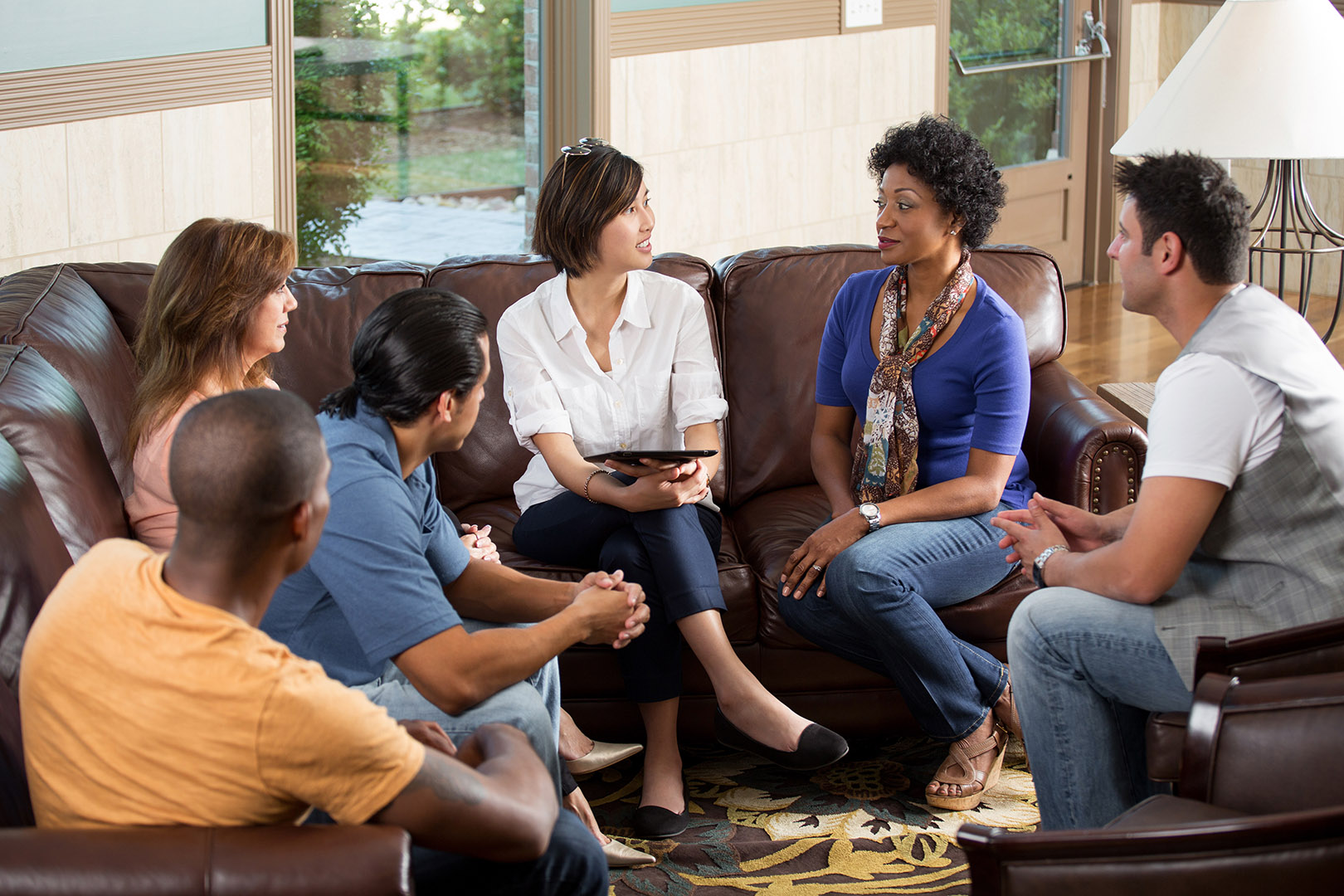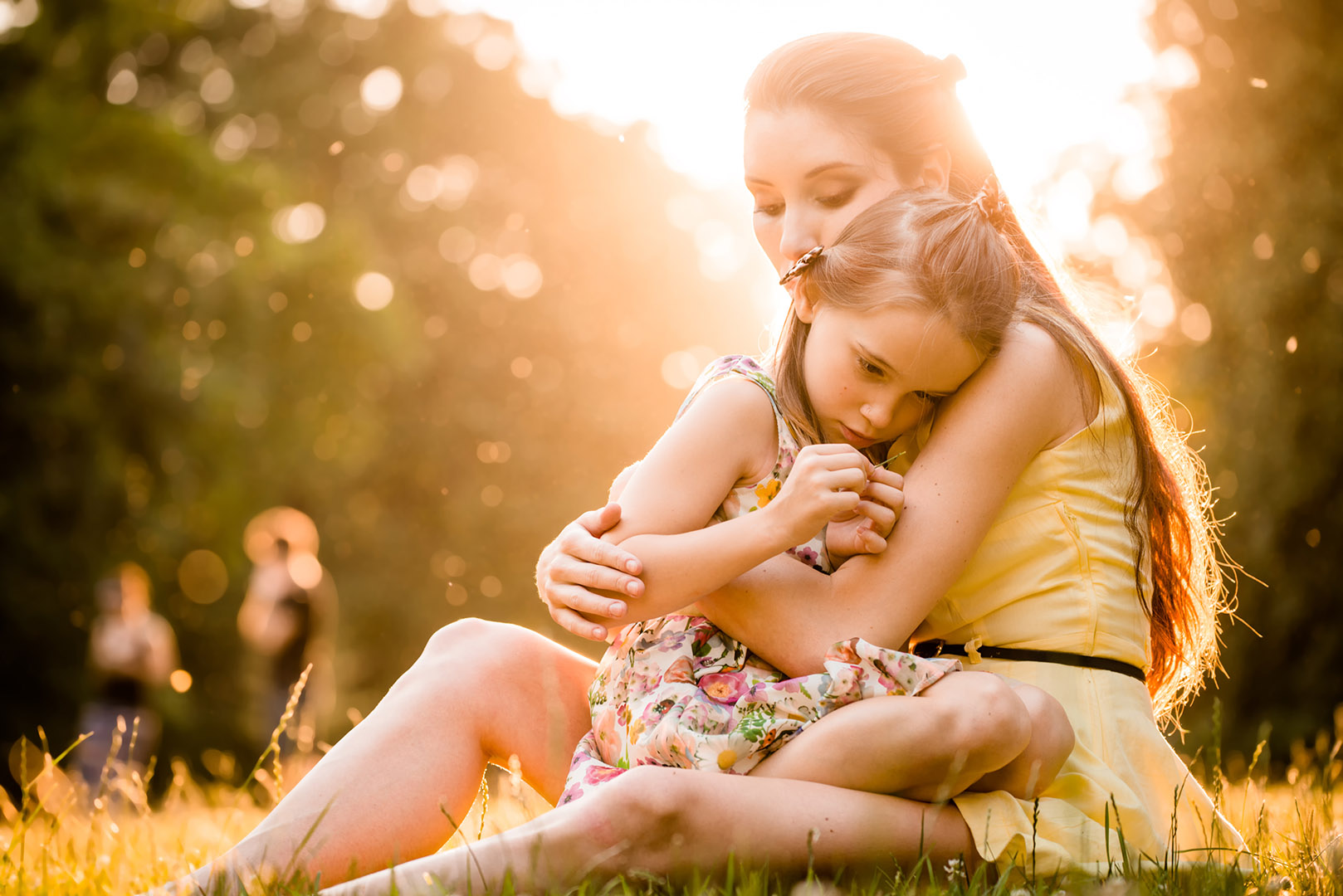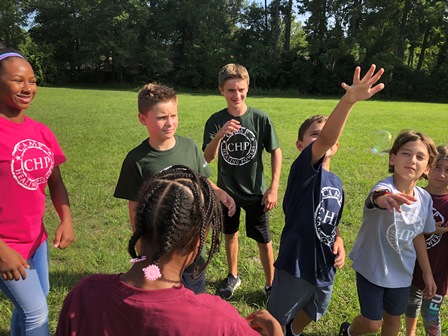Community Hospice & Palliative Care offers grief and loss services for those who have experienced the death of a loved one and who may need support or guidance in dealing with their sorrow. Grief services available include: individual and family counseling (including children and teens), therapeutic grief support groups, understanding grief - a program for the newly bereaved, annual candlelight service of remembrance, and a program to cope with grief during the holidays.
Grief is a natural reaction to loss and can affect every part of our lives — physically, mentally, emotionally and socially. Grief reactions range from anger, guilt and anxiety to changes in appetite or behavior.
It’s best not to think of grief as a series of stages. Instead, think of the grieving process as a roller coaster — full of ups and downs, highs and lows. Understanding what is "normal" in grief gives us the knowledge that others have gone through this process and have found healing.
Common reactions include:
Adapted from Grief Counseling and Grief Therapy: A Handbook for the Mental Health Practitioner, second edition, by William Worden (1991).

Caregivers and patients may exhibit grief reactions to a death, even if that death has not yet occurred. These are normal reactions to loss and may help you prepare for the emotional intensity of grief after the death has occurred.
Anticipatory grief takes many forms, most often fears about actual or possible losses. These may include fears of:
There are many symptoms of anticipatory grief, some of which are listed below. How many of these have you experienced since you became a caregiver or seriously ill?
When experiencing anticipatory grief, there are many ways to smooth the road you are traveling.

Community Hospice & Palliative Care bereavement counselors provide individual, family and children's counseling to help those who have experienced the death of a loved one and who may need support or guidance in dealing with the grief associated with that loss.

Support groups provide a safe place to explore and express your grief in a comfortable setting, and bond with others who have experienced loss.
We offer daytime and evening therapeutic grief support. Groups are led by our professional grief counselors and meet on the same day/night of the week.

A program for the newly bereaved designed to help identify common grief reactions and to learn ways to heal after the death of a loved one.
This free workshop provides grief education and emotional support within a safe, secure environment.
Visit our Events page to view the latest Understanding Grief Sessions

Grieving the loss of a loved one is difficult, especially for a child. Bereavement counselors provide individual and family counseling to help children who have experienced the death of a sibling, parent, grandparent, friend or other loved one and who may need support or guidance in dealing with the grief.

A therapeutic camp where children can express their feelings about the loss of a loved one in a supportive environment and learn coping skills to help them navigate their grief journey.
The camp allows children, ages 7 to 17, the opportunity to meet and bond with other campers experiencing a similar loss.

Hope for the Holidays is a workshop for families, friends and caregivers who have experienced the death of a loved one to help them reflect on their loss and learn coping skills.
Candlelight Service of Remembrance is an annual ceremony held to celebrate and honor the memory of loved ones who have died.
Here are some great tools to help you cope with the loss of a loved one during the holidays:
You have the right to: